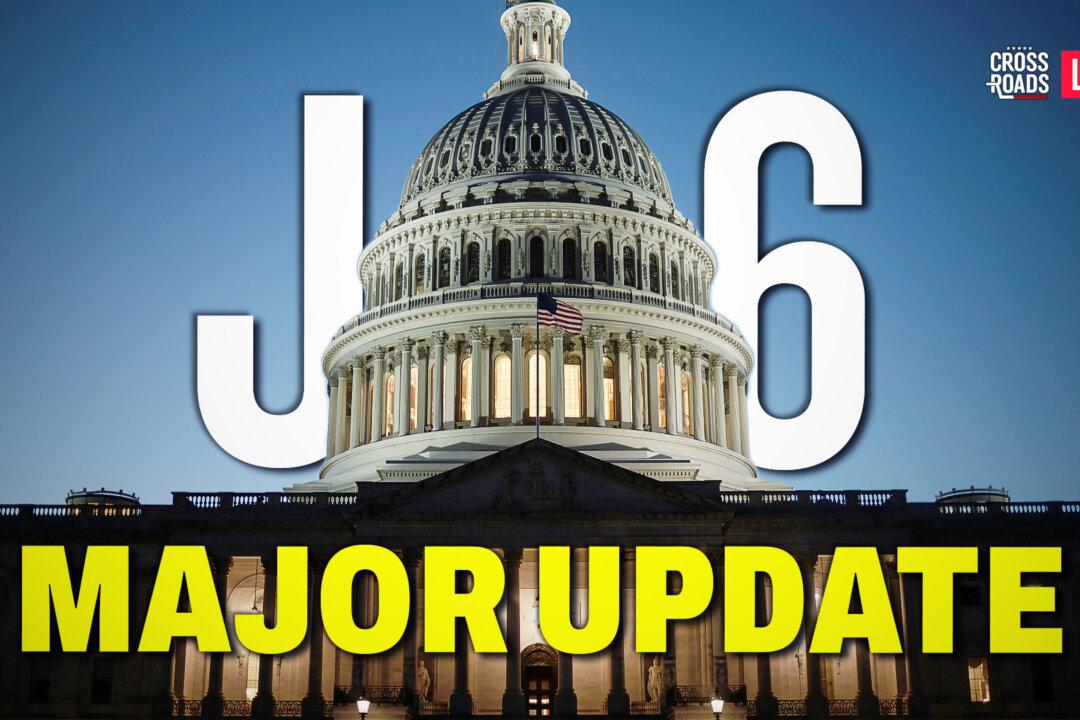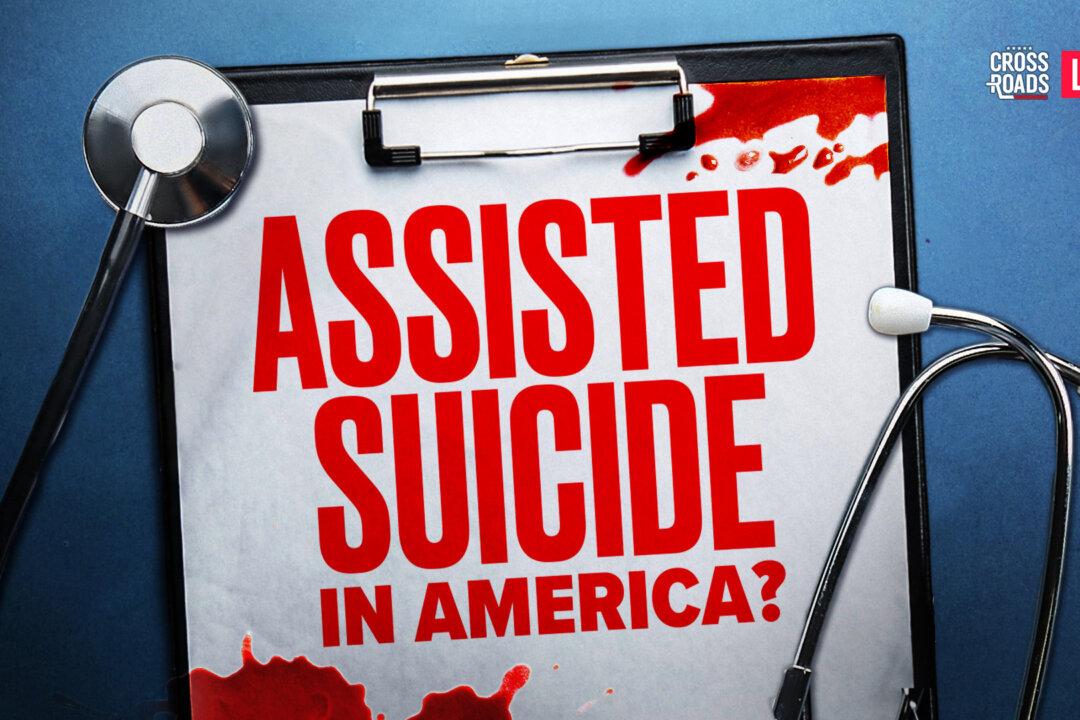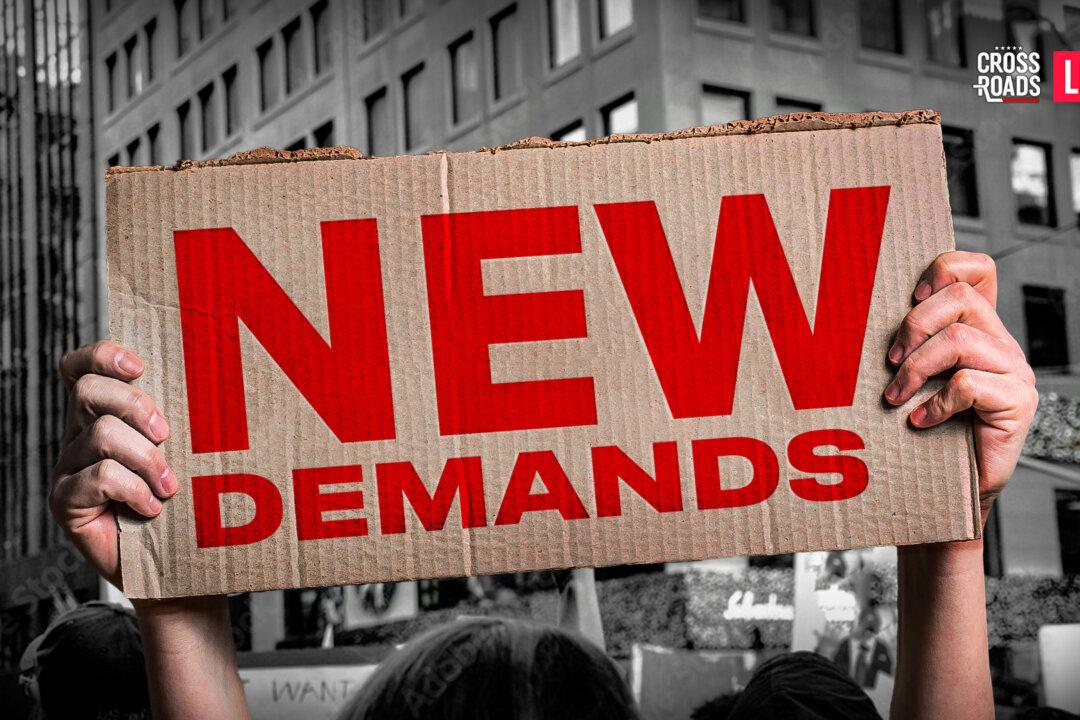A new global initiative to fight transnational organized crime could uproot Iran-funded terror cells throughout Latin America, which were publicized after the U.S. said it had foiled an assassination attempt on the Saudi ambassador this October. The U.S. alleges the Iranian regime had called on the terrorists to hire members of a Mexican drug cartel to assassinate the ambassador in Washington.
Two men were charged in New York for the planned assassination of the Saudi Ambassador to the United States, on U.S. soil. One is Manssor Arbabsiar, a 56-year-old naturalized U.S. citizen holding both Iranian and U.S. passports. The other, Gholam Shakuri, is an Iran-based member of Iran’s Qods Force, a special operations unit of the Iranian Islamic Revolutionary Guard Corps (IRGC), according to an FBI press release.
While the plot was unsuccessful, it brought attention to Iran’s growing influence in Latin America, and particularly right across the U.S. border in Mexico. It also reaffirmed the importance of the growing U.S. international strategy to uproot transnational organized crime.
President Barack Obama announced the Strategy to Combat Transnational Organized Crime on July 19, stating in the intro that such expanding criminal networks “threaten U.S. interests by forging alliances with corrupt elements of national governments and using the power and influence of those elements to further their criminal activities.”
“These networks also threaten U.S. interests by forging alliances with corrupt elements of national governments and using the power and influence of those elements to further their criminal activities,” stated Obama.
Following the attempted assassination, a training conference on combating transnational organized crime was held in Cartagena, Colombia on Nov. 15, co-hosted by the Department of Homeland Security’s Immigration and Customs Enforcement (ICE) and the Colombian National Police (CNP).
According to Terry Minarcin, a retired Air Force cryptologist who was assigned to the NSA, unraveling Iran’s global terror networks will be a key part of the initiative.
“Hezbollah is sponsored by Tehran,” Minarcin said over the phone, adding: “They have a major training camp right outside Tijuana, across the border from San Diego.”
He noted that although the initiative will have a global focus, “it’s more directed against Tehran and the inroads Tehran has made into South America.”
Iran has been tied to at least 162 extrajudicial killings globally since 1979, Matthew Levitt, Director, Stein Program on Counterterrorism and Intelligence at the The Washington Institute for Near East Policy, stated during an Oct. 26 House hearing, citing the Iran Human Rights Documentation Center.
Iran has also built networks in Mexico and Latin America—primarily through financial support of terrorist groups, Hamas and Hezbollah.
The recent assassination attempt struck an odd chord, since it avoided these established channels. The killings and bombings “were always carried out by trusted proxies—normally a branch of Hezbollah. Iran’s fingerprints were always concealed beneath one or more layers of disguise,” Gary Sick, a scholar at Columbia University’s Middle East Institute, who used to monitor Iran for the National Security Council, stated on his personal blog.
Yet, “Hezbollah clearly acts as a proxy for Iran—specifically, the Iranian Revolutionary Guards Corps Qods Force—globally and in Latin America,” stated Roger F. Noriega and José R. Cárdenas, in a American Enterprise Institute (AEI) report, “The Mounting Hezbollah Threat in Latin America.”
“Thus, Hezbollah’s escalating presence in the Western Hemisphere can be understood only in the context of its patron Iran’s pursuit of its strategic objectives,” states the report.
It adds that Hezbollah and the Qods Force are two “parallel yet collaborative terrorist networks growing at an alarming rate in Latin America,” and more than 80 operatives in at least 12 countries throughout the region—with its heaviest focus in Brazil, Venezuela, Argentina, and Chile.
Cárdenas, who co-authored the AEI report, stated on the Foreign Policy Shadow Government blog that the attempted assassination can “be seen as the fruits of Iran’s steady expansion into Latin America and attempts to make common cause with transnational criminal operations in its global conflict with the United States.”
This is part of Iran’s three-fold goal in the region “to break down their international isolation and gain access to strategic resources; undermine U.S. influence in the region; and establish a new platform from which to wage their war against the United States,” Cárdenas states.

![[LIVE 4/26 at 10:30AM ET] New Push Started for Global Digital Currencies](/_next/image?url=https%3A%2F%2Fimg.theepochtimes.com%2Fassets%2Fuploads%2F2024%2F04%2F19%2Fid5633115-0426-1080x720.jpg&w=1200&q=75)



Friends Read Free